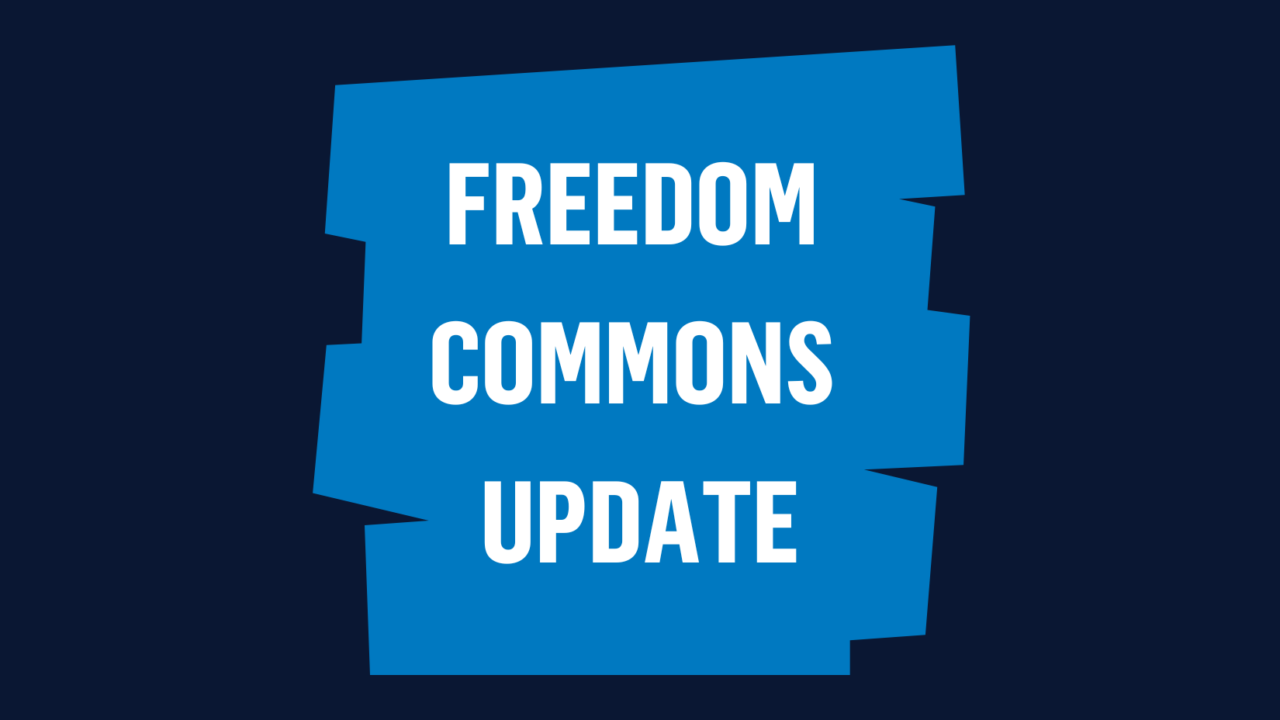Holly's News From Washington - February 2019

February 2019
As someone who has been an advocate in the human rights field for more than thirty years, the one constant I count on is the unpredictable nature of working with Congress. 2019 began with a massive challenge for those of us advocating with the government: the longest government shutdown in U.S. history, which just recently ended. The partial government shutdown occurred because Congress adjourned for the holidays without passing 2019 funding for approximately 25 percent of the federal government. The stop-gap funding will last until February 15, 2019. If Congress and the President can reach an agreement, the U.S. Government will stay open. If negotiations fail, there is the possibility of another closure.
Here’s what I can predict, despite how the year began: Members of Congress and their staff have been hard at work resolving the impasse with the 2019 budget and have already begun to work on fiscal year 2020 appropriations bills. That timeline will look something like this: The President shares his spending priorities when he releases his proposed budget to Congress, likely in February. The House and Senate budget committees will develop their own allocations, and the 12 Appropriations Subcommittees will get to work on their appropriations bills (this is where Congress gets specific about how much money goes where in the following year).
In the House of Representatives, Members of Congress formally submit requests to members of the Appropriations Subcommittees in support of specific programs they value. That process generally takes place throughout March. Often at the request of their constituents, Members who are committed to combating slavery have submitted requests to maintain or increase funding for the State Department’s Office to Monitor and Combat Trafficking in Persons (TIP Office) and for the Program to End Modern Slavery (PEMS) and we’ll be asking them to do so again this year.
The process in the Senate is similar, but their timeline for submitting individual requests generally continues through April. Once the Appropriations Subcommittees finish their work, the full House and Senate Appropriations Committees take up these bills for consideration and either pass them out of the committee individually or bundle several spending bills together into an “omnibus” spending bill. If the appropriations bills aren’t enacted by the end of the fiscal year (October 1), Congress passes stop-gap measures (called “continuing resolutions”) until they are. If those stop-gap measures are not passed, the unfunded agencies shut down, as was the case in January.
The partial government closure in January may delay the timeline for the 2020 appropriations process somewhat, but the work will certainly move forward. IJM volunteer advocates will be contacting their Members of Congress starting now and continuing through April and urging them to request full funding for the TIP Office and the Program to End Modern Slavery.
Many anti-slavery advocates will visit their members’ local offices. That is a powerful way to convey that, whatever else might divide Americans, people of good will can agree that anti-slavery programs should be funded in the coming year. We know this kind of advocacy works because we’ve seen it. Thank you for speaking up!